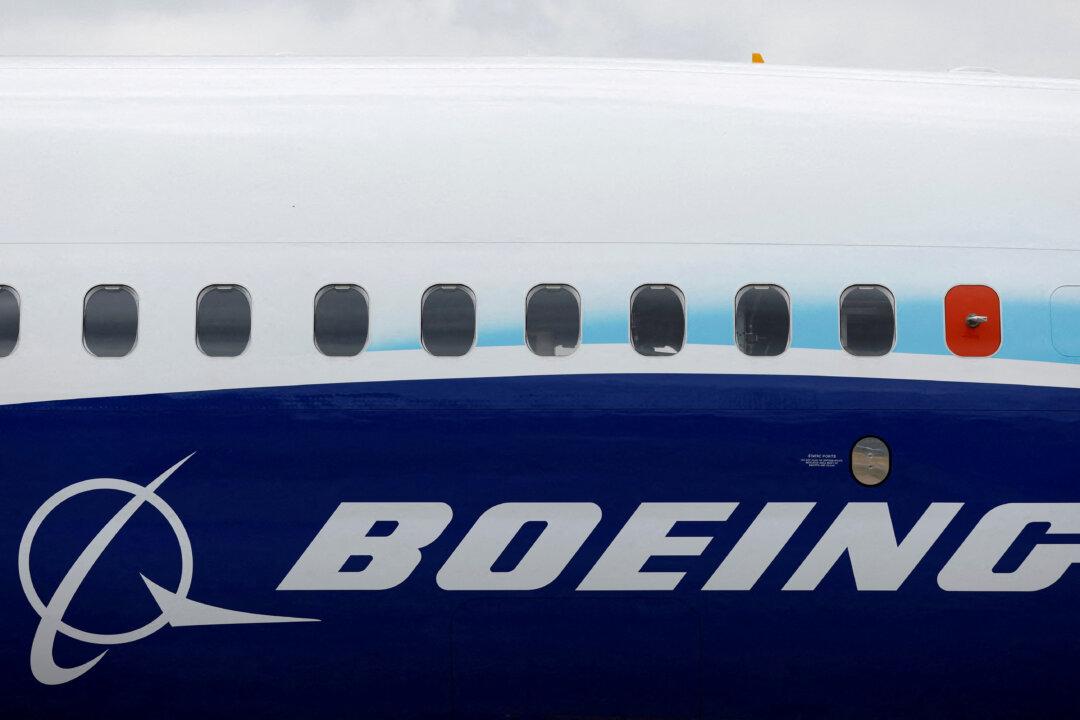The Department of Justice (DOJ) said it has reached a deal in principle with Boeing and, pending the presiding judge’s approval, will drop its criminal prosecution stemming from two 737 MAX crashes that killed 346 people.
As part of the deal outlined in a court filing on May 23, Boeing will spend $1.1 billion on fines, safety improvements, and compensation for families of the crash victims.





